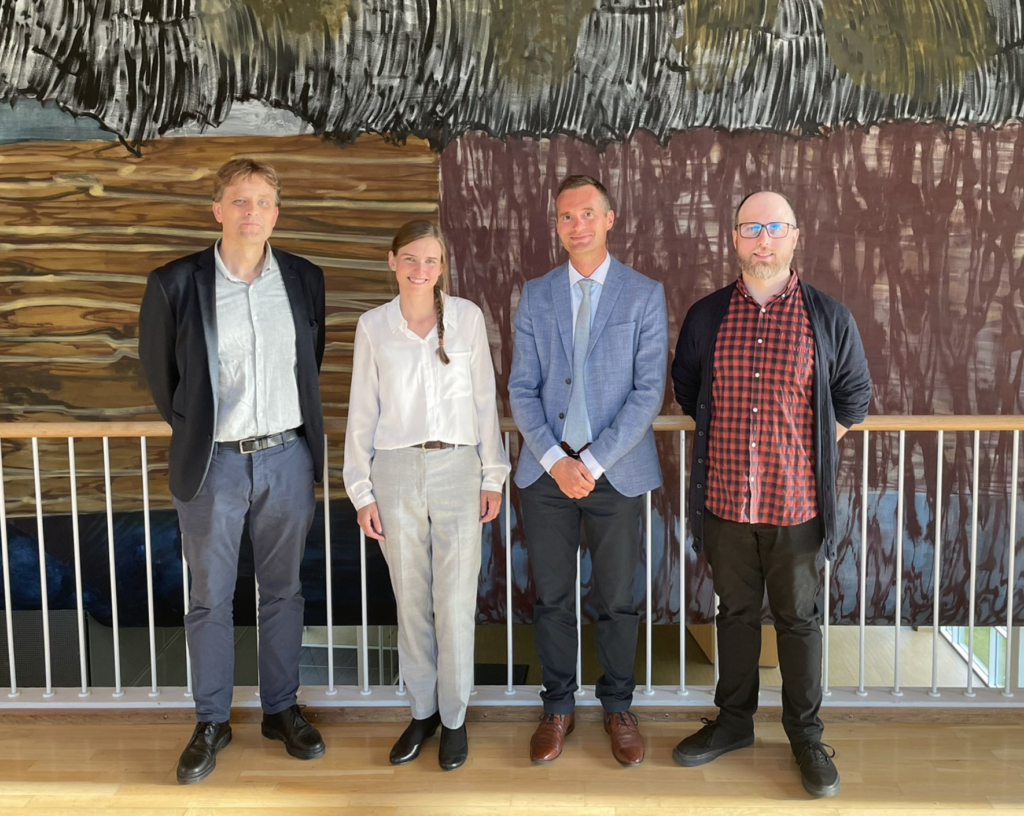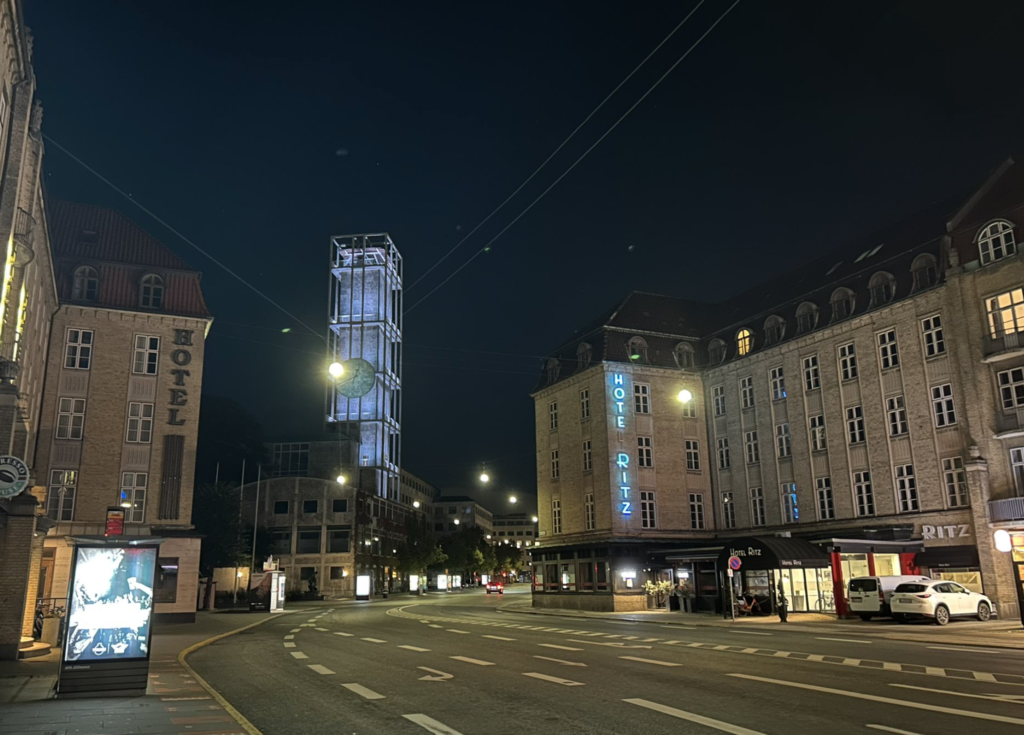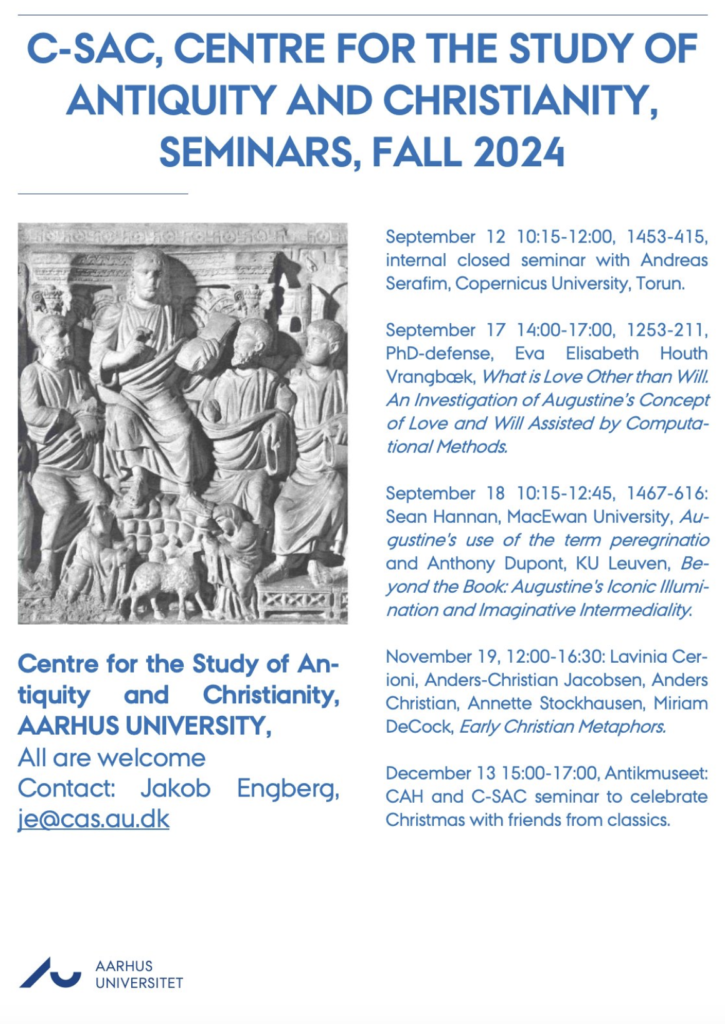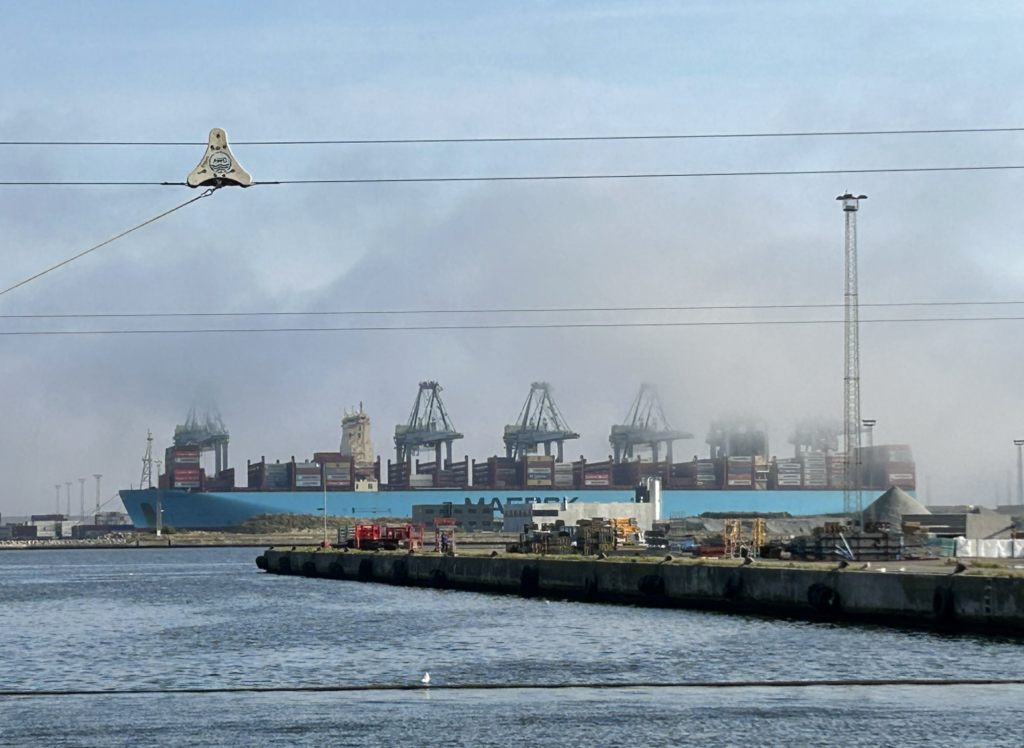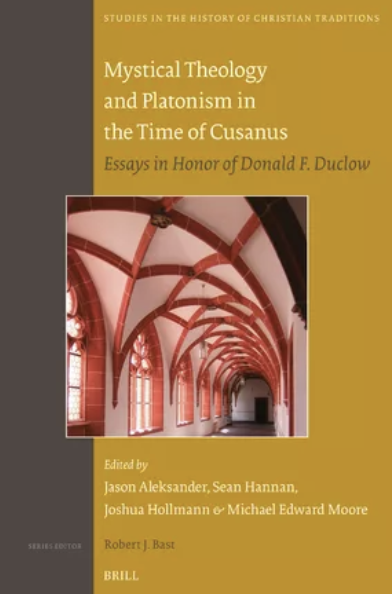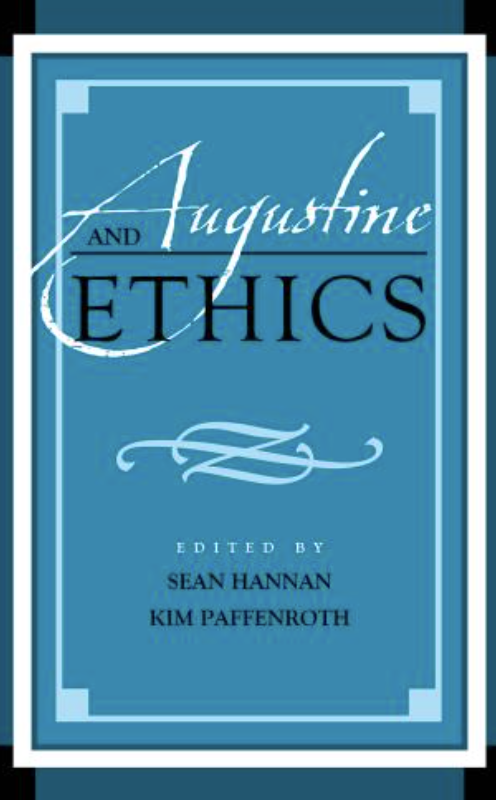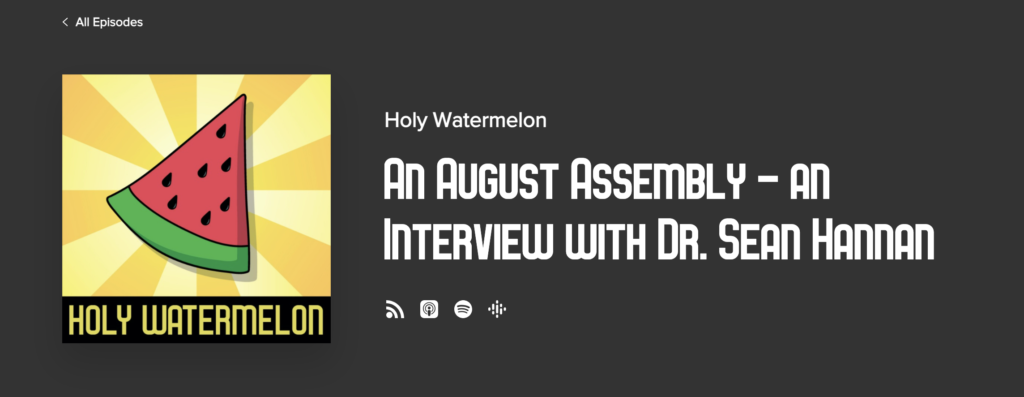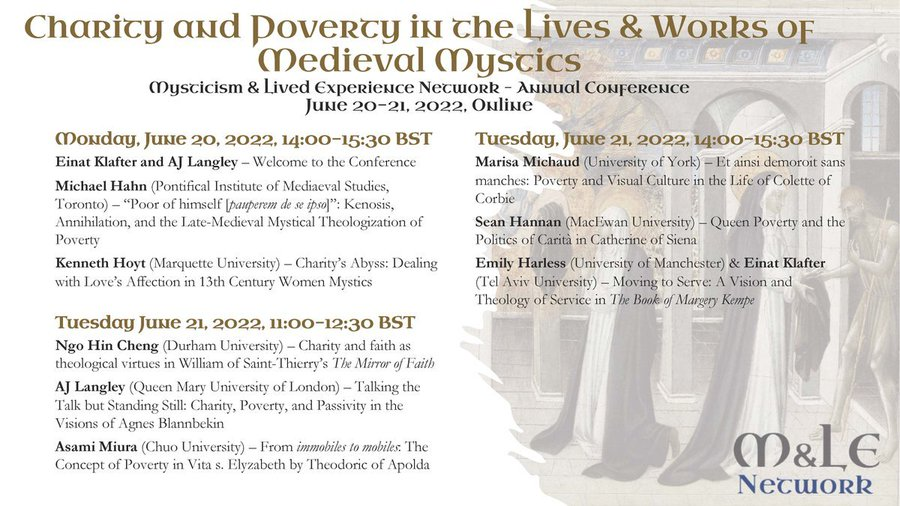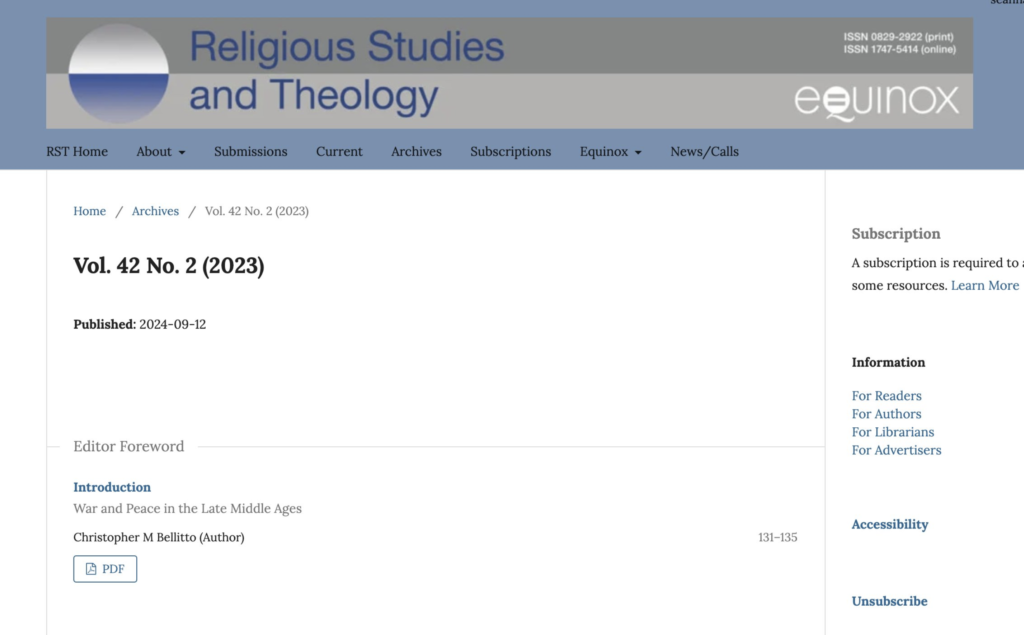
A new issue of Religious Studies & Theology is now available! Vol. 42, no. 2 is a special issue on “War & Peace in the Late Middle Ages,” edited by my friend Chris Bellitto (Kean) & inspired by the 2023 American Cusanus Society conference in Gettysburg.
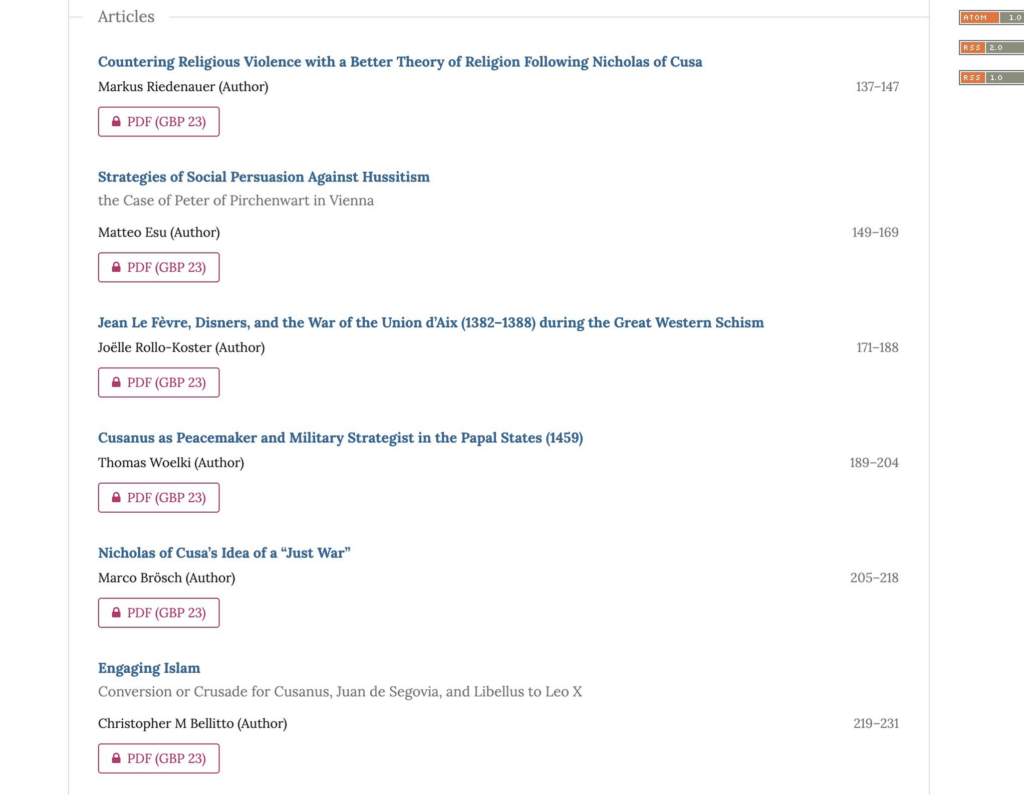
In addition to the introduction penned by Chris, the issue features articles by Markus Riedenauer, Matteo Esu, Joëlle Rollo-Koster, Thomas Woelki, Marco Brösch, & (once again!) Christopher Bellitto. Topics covered range from Islam to the Hussites & beyond. This was an incredible example of how fruitful international collaboration can be.
You can check the issue out for yourself here: https://journal.equinoxpub.com/RST/issue/view/2435

